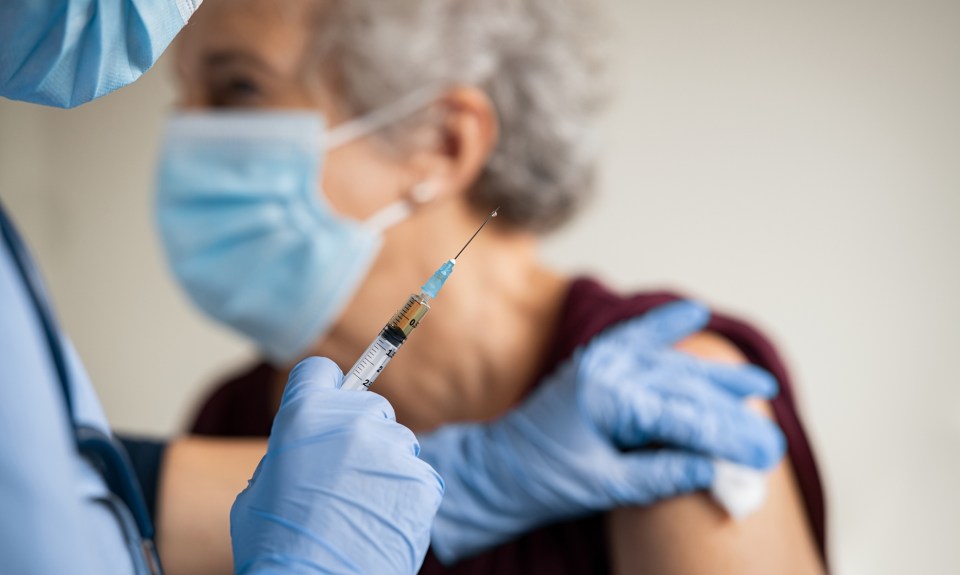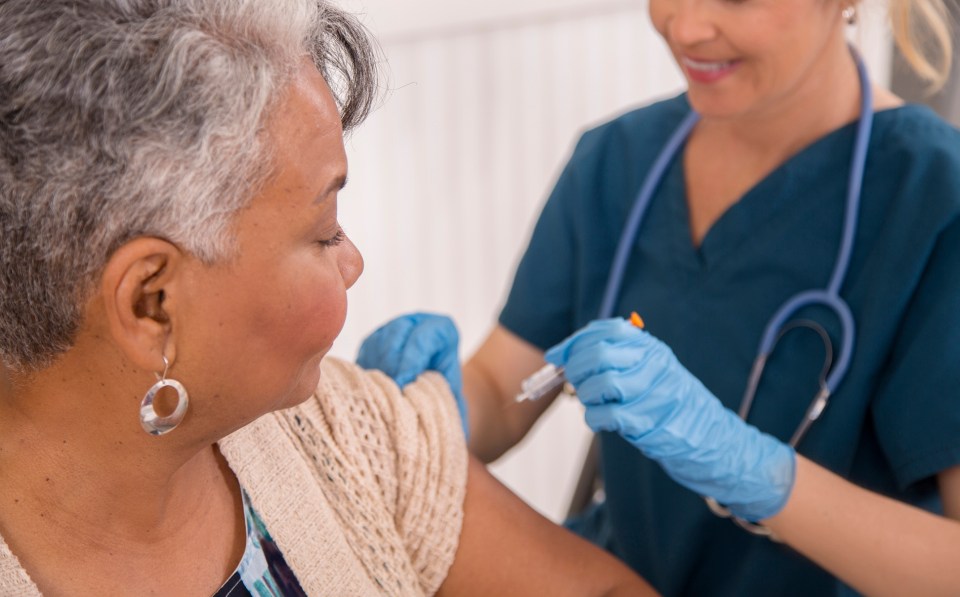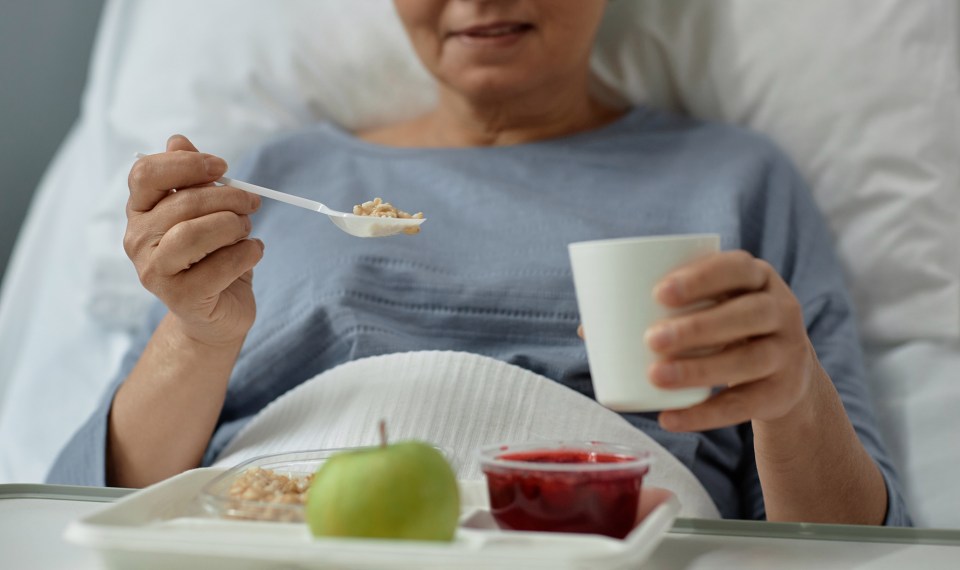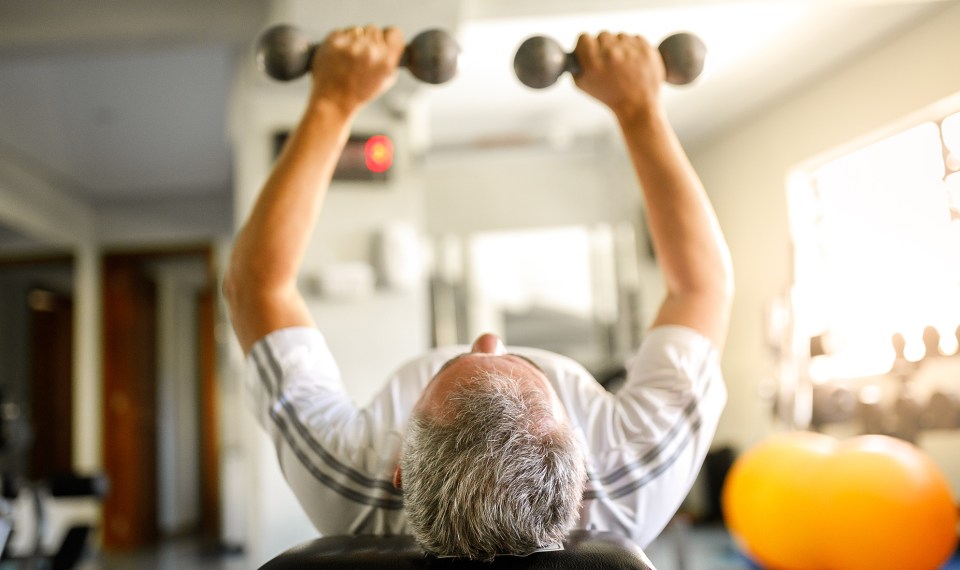As with other viruses, after your body contracts COVID-19, you build up a natural immunity, so should you get the COVID-19 vaccine if you already had the virus?
The short answer—yes.
There are still many unknowns about the SARS-CoV-2 virus that causes COVID-19, one of which is how long you are protected or have a natural immunity from it after recovering from COVID-19.
Though rare, it is possible to be infected with the COVID-19 virus a second time, according to the CDC, so even if you tested positive for COVID-19 in the past, the safest way to ensure you do not contract the virus again is to get vaccinated.
Which vaccine should I get?
There are currently three vaccines available. The Pfizer vaccine is given in two injections at least 21 days apart. The Moderna vaccine is given in two injections at least 28 days apart, and the Johnson & Johnson vaccine is given in one injection.
Both the Moderna and Pfizer vaccines were found to be 95 percent effective in preventing serious illness from the COVID-19 virus, and the Johnson & Johnson vaccine was found to be 85 percent effective against serious illness and 100 percent effective in preventing hospitalization or death due to COVID-19. Though no vaccine is ever 100 percent effective, these are incredibly high percentages compared with other vaccines; for example, the average flu shot is around 40 to 60 percent effective.
So, whether you have had COVID-19 or not and are wondering which vaccine to take, the answer is simple — take the one that’s most readily available to you.
How do I know they are safe?
It’s understandable that many have concerns about the safety of these vaccines. However, the technology for creating these vaccines is not new. The same technology has been used in the past to create vaccines for Ebola and other viruses.
Additionally, these vaccines are being held to the same safety standards as all vaccines. Tens of thousands of people participated in clinical trials of these vaccines, representing various ages, ethnicities and races. Several expert and independent groups evaluated the safety of these vaccines before they received authorization to be given to the public, including the FDA and ACIP (the Advisory Committee on Immunization Practices).
Both of these committees are comprised of academic and clinical scientists who independently evaluated the rigorous data submitted from the clinical trials.
Moreover, the FDA and CDC continue to monitor the safety of these vaccines now that they are in use.
The real reason you should get the vaccine
We are all ready to get back in the world and return to some sort of normalcy after the past year. Getting as many people as possible vaccinated in the shortest period of time is the best opportunity to do just that. I was reminded of this just the other day when I was volunteering at a vaccination clinic.
While there, I had the pleasure of talking to an elderly couple who were eagerly rolling up their sleeves to get their much anticipated COVID-19 vaccine. To them, that shot brought them one step closer to seeing their 13 grandchildren again after being isolated from them for almost a year.
If you don’t care to get the vaccine for yourself, get it for the sake of couples like this and the many other high-risk individuals out there, including your own family, friends and coworkers.
The content of this site is for informational purposes only and should not be taken as professional medical advice. Always seek the advice of your physician or other qualified healthcare provider with any questions you may have regarding any medical conditions or treatments.




